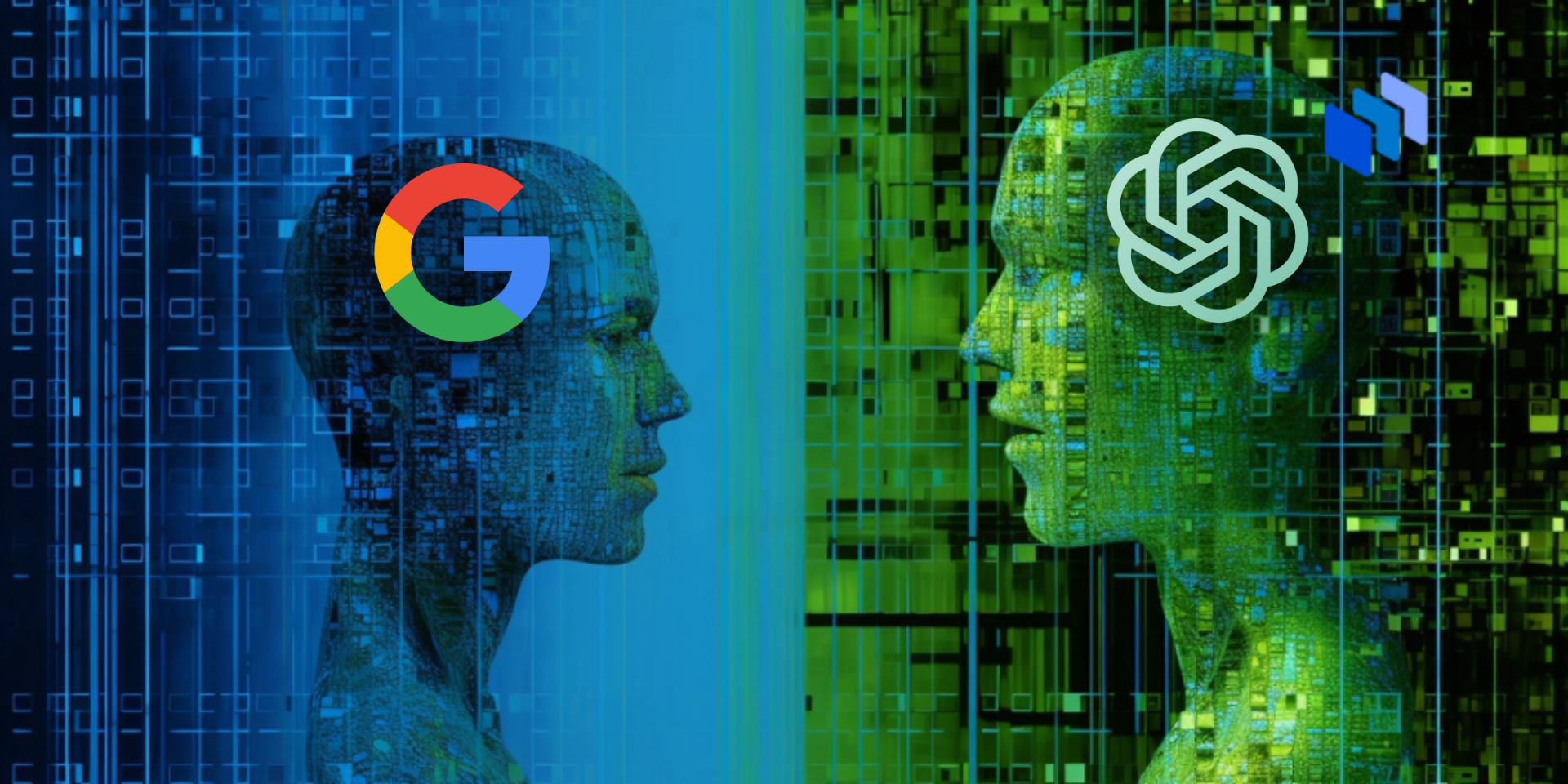
Google Gemini: Redefining the future of AI technology
Google Gemini – the new standard of technology 🌍🚀 Before the Covid era, Google introduced us to the MEENA model – which for a brief moment was the leading language model in the world. Compared to OpenAI and their GPT-2, the difference was huge. 💡 However, OpenAI did not rest on its laurels and soon released GPT-3. Of interest is an internal document by Noam Shazeer (co-founder and CEO of Character.AI) titled. “MEENA Eats the World.” He predicted the phenomenon that became public after the release of ChatGPT. 🔥 It can be said that Noam was a visionary – He contributed to key works such as “Attention is All You Need,” Switch Transformer, and many others. And what about Google? It had the predisposition to dominate, but something went wrong then.📝 ❗But beware, Google is back in the game and intends to top GPT-4 before the end of the year. Today we would like to introduce you to Google’s training systems for Gemini their dynamic development and position in the market. 🚀 Behind Google training systems for Gemini is revolutionary technology. 🧑💻 Their approach to machine learning and speed of adaptation of the latest solutions is amazing. They invest in advanced algorithms and care about scalability and efficiency, which makes them a leader in this field. Combined with their rich data and real-time analytics capabilities, Google is taking steps that could redefine the future of artificial intelligence. 🔍 With competition in the AI market growing so rapidly, Google is not only maintaining its position, but also setting the standard for others. 🚀🌍 Author: Monika Marczyk, Project Manager

